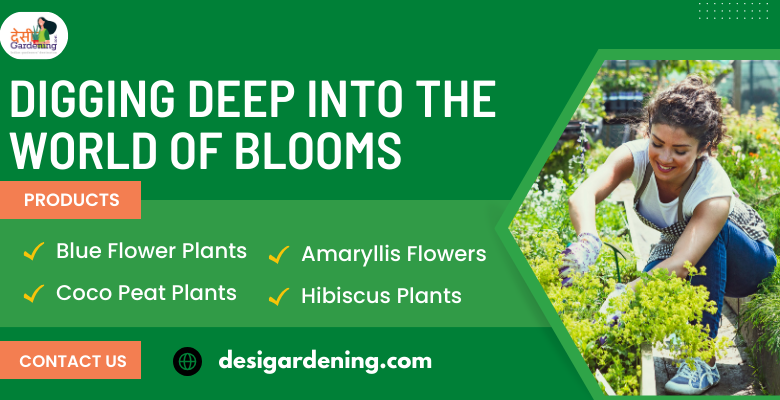Composting Creating Wealth from Waste for an Ecological Future

In our modern world, waste management has become a pressing issue. With increasing population and consumption, the amount of waste generated has skyrocketed, posing significant environmental challenges. However, amidst this crisis, there lies a simple yet powerful solution: Composting of Waste. Composting not only reduces waste but also enriches soil, mitigates greenhouse gas emissions, and promotes a circular economy. In this post, we delve into the art and science of composting, exploring its benefits and how individuals and communities can embrace this eco-friendly practice.
Understanding Composting:
Composting is nature’s way of recycling organic matter. It involves the decomposition of organic materials such as food scraps, yard trimmings, and paper into a nutrient-rich soil conditioner called compost. This natural process is facilitated by microorganisms such as bacteria, fungi, and insects, which break down the organic matter into simpler compounds through aerobic or anaerobic digestion.
Benefits of Composting:
Waste Reduction: Composting diverts organic waste from landfills, where it would otherwise decompose anaerobically, releasing methane, a potent greenhouse gas. By composting, we can significantly reduce the amount of waste sent to landfills, thereby extending their lifespan and reducing environmental pollution.
Soil Enrichment: Compost is a valuable soil amendment rich in essential nutrients such as nitrogen, phosphorus, and potassium. When added to soil, compost improves its structure, water retention capacity, and fertility, promoting healthy plant growth and reducing the need for synthetic fertilizers.
Carbon Sequestration: Composting sequesters carbon from the atmosphere by converting organic carbon into stable organic matter in the soil. This helps mitigate climate change by reducing the concentration of carbon dioxide, a major greenhouse gas, in the atmosphere.
Cost Savings: Composting can lead to significant cost savings for individuals, municipalities, and businesses. By reducing waste disposal fees, lowering fertilizer and pesticide expenses, and increasing crop yields, composting offers both economic and environmental benefits.
How to Start Composting:
Choose a Composting Method: There are several Process of Composting methods to choose from, including backyard composting, vermicomposting (using worms), and aerobic composting bins. Select a method that suits your space, time, and level of commitment.
Gather Organic Materials: Collect organic materials such as fruit and vegetable scraps, coffee grounds, eggshells, yard waste, and shredded paper. Avoid adding meat, dairy, oily foods, and pet waste, as these can attract pests and pathogens.
Build or Purchase a Compost Bin: Depending on your chosen method, you can build a compost pile using wire mesh, or wooden pallets, or purchase a composting bin or tumbler. Ensure proper aeration and drainage to facilitate the composting process.
Layer and Maintain: Alternate layers of green (nitrogen-rich) and brown (carbon-rich) materials to maintain a balanced compost pile. Keep the pile moist but not soggy, and turn it regularly to aerate and accelerate decomposition.
Harvest and Use Compost: After several weeks to months, depending on the method and environmental conditions, your compost will be ready. Use it to enrich the soil in gardens, lawns, or indoor plants, and witness the transformation of waste into a valuable resource.
Community Composting Initiatives:
While individual composting is commendable, community composting initiatives offer broader benefits by engaging and educating communities, reducing transportation emissions, and fostering a sense of collective responsibility. Community composting hubs, where residents can drop off their organic waste, and municipal composting programs, which collect organic waste curbside, are gaining popularity in cities around the world.
Conclusion:
Composting is not just a means of waste disposal; it is a sustainable practice that embodies the principles of circular economy and environmental stewardship. By composting our organic waste, we can reduce pollution, enrich the soil, mitigate climate change, and cultivate a greener, healthier planet for future generations. Let’s embrace composting as a simple yet powerful solution to our waste management challenges and join the green revolution towards a more sustainable future.




